Obituary: Jürgen Schadeberg
Obituary: Jürgen Schadeberg
July 18, 2020
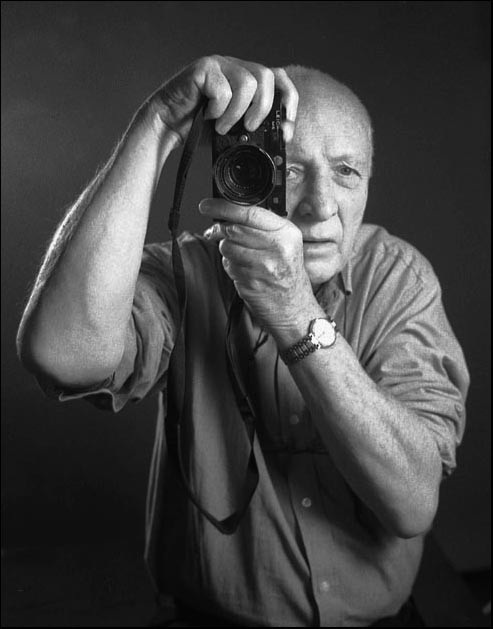
Jürgen Schadeberg
Born in 1931 at the time of the momentous rise of the National Socialist movement, Schadeberg was sensitized to the issues of justice and humanity at an early age. He hated being forced to become a member of the Hitler Youth, and he experienced the end of the war as a liberation. While still in Berlin, he attended a school for Optics and Photo Technology, before doing an internship at the German Press Agency in Hamburg. Taking little more than a suitcase – which also held his inexpensively-acquired Leica IIIa –, Schadeberg left Germany in June, 1951. His first choice had actually been New York and the USA, but for family reasons he went to South Africa, the country his mother had emigrated to. With his Leica on hand, he was able to establish himself as a photo journalist in Johannesburg. However, he did not do so as a representative of the white minority; his path took him instead into the country’s black music scene.
“It was like going from the frying pan into the fire – I was horrified.”
Shaped by his experiences of European racism, Schadeberg’s first experiences in South Africa came as a shock: he encountered a deeply divided country, where the black majority was brutally oppressed. As a critical witness and committed observer, he began to photograph the consequences of Apartheid, as much as the music scene. It was primarily due to his work as Editor-in-Chief, Picture-Editor, and Artistic Director of the magazine Drum, that he became known as the chronicler of an era. Consequently, he contributed significantly to the “Drum style”, an authentic mixture of culture and politics cultivated by the magazine, that was to define the self-confidence of many at the time.
“I felt very at home in Europe and somehow relieved to be in a free society after repressive South Africa.”
In 1964 Schadeberg had to leave South Africa. The following decades saw him working in Europe and the USA, where he always remained faithful to his empathic work ethics. In addition to photography, and together with his wife Claudia, he began to make movies. In 1985 they returned to Johannesburg, where his second South African chapter would run till 2007. Schadeberg photographed the country’s significant political moments and portrayed important personalities. Whether it was the picture of Miriam Makeba singing, or the image of Nelson Mandela looking out through the bars of his former prison cell, the photographer is responsible for producing some iconic pictures that remain legendary to this day.
In recent years, Schadeberg was the recipient of numerous, prestigious honours, including the German Federal Cross of Merit (2007), the Cornell Capa Lifetime Achievement Award (2014) from the International Center of Photography in New York, and the Leica Hall of Fame Award (2018).
Even though his oeuvre still remains, photography has now lost a critical and respected voice. We mourn the loss of an important member of the family of Leica photographers. (Ulrich Rüter)
An interview and portfolio of Jürgen Schadeberg’s work appeared in LFI 1/2019.
See the Video on the occasion of the Hall of Fame Awards.

Jürgen Schadeberg
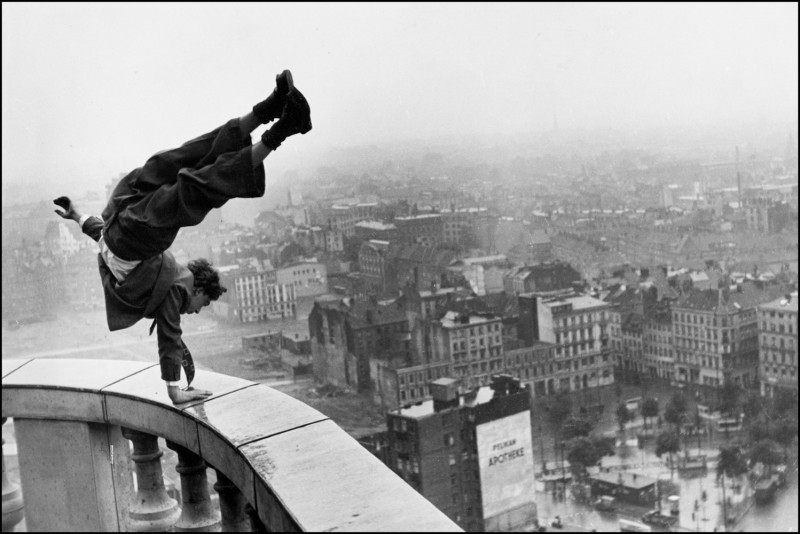
Handstand, Hamburg, 1948 © Jürgen Schadeberg
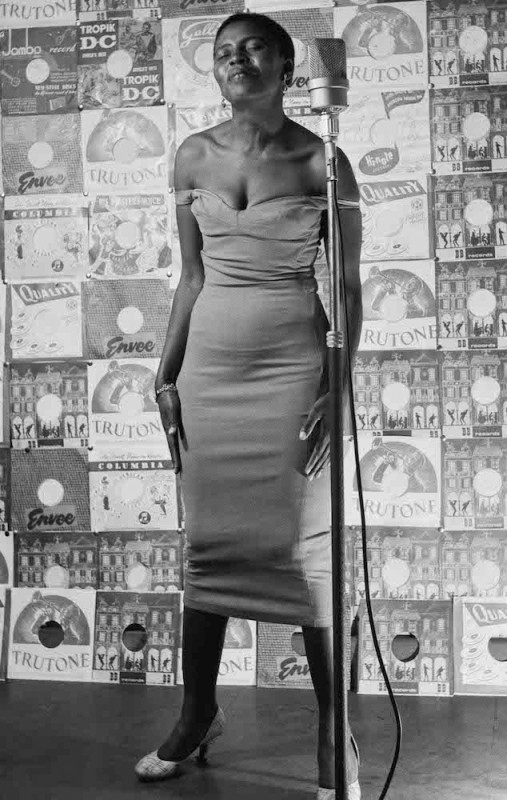
Miriam Makeba, 1955 © Jürgen Schadeberg
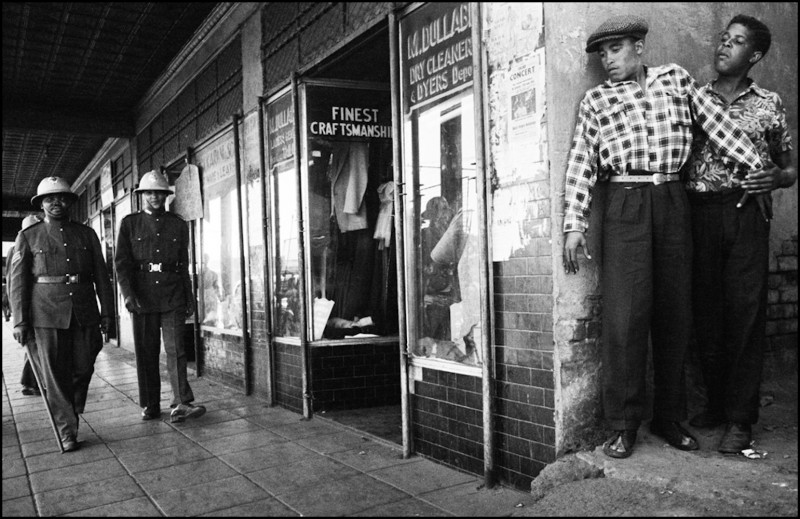
Avoiding the Pass, 1955 © Jürgen Schadeberg
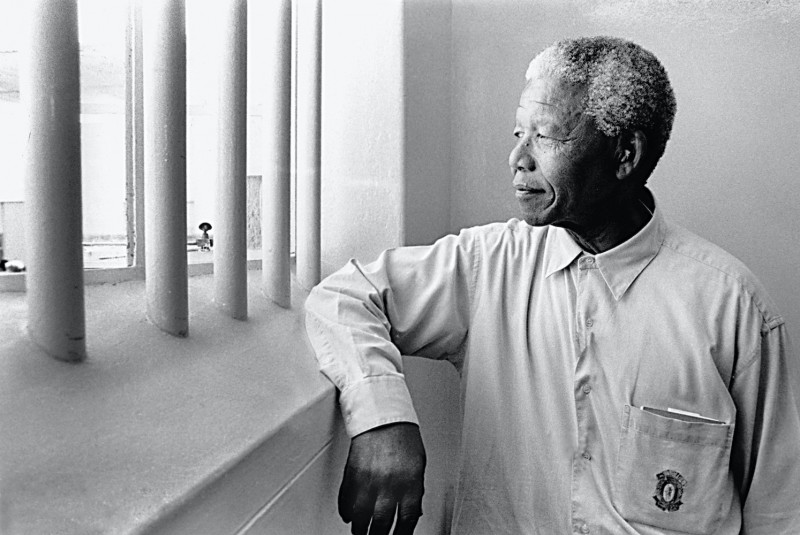
Nelson Mandela in his cell, 1994 © Jürgen Schadeberg
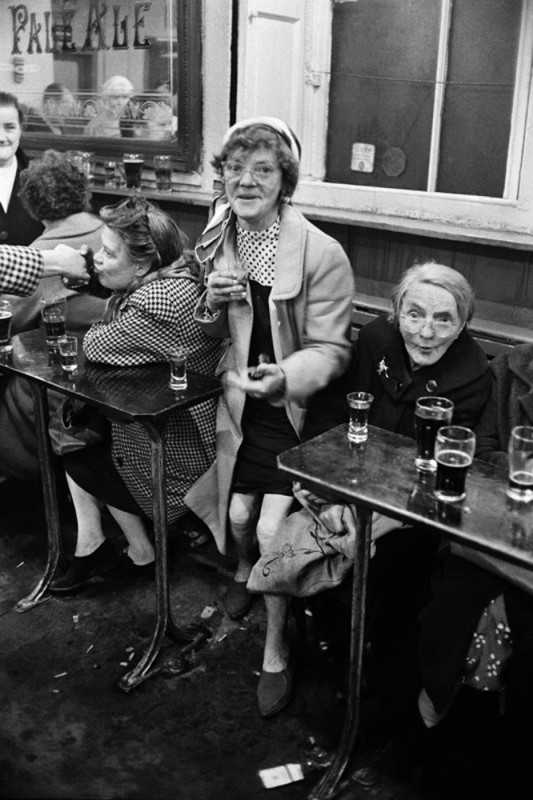
Sherry Drinkers, Glasgow, 1968 © Jürgen Schadeberg